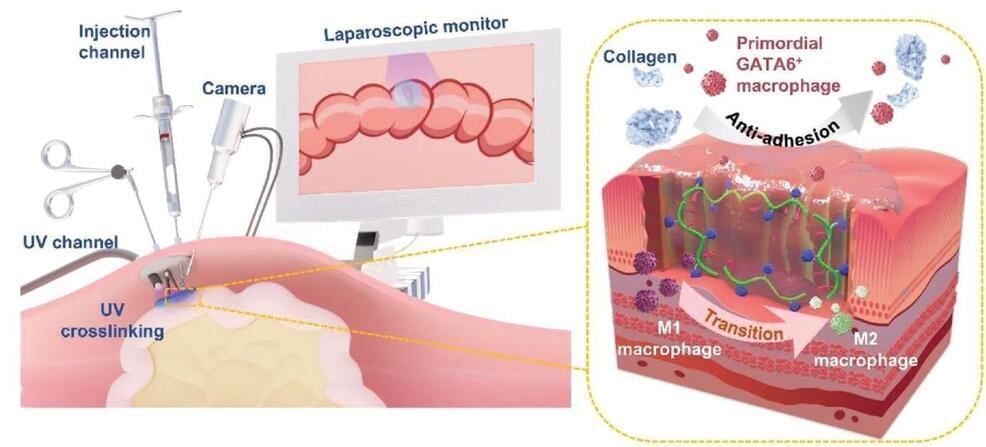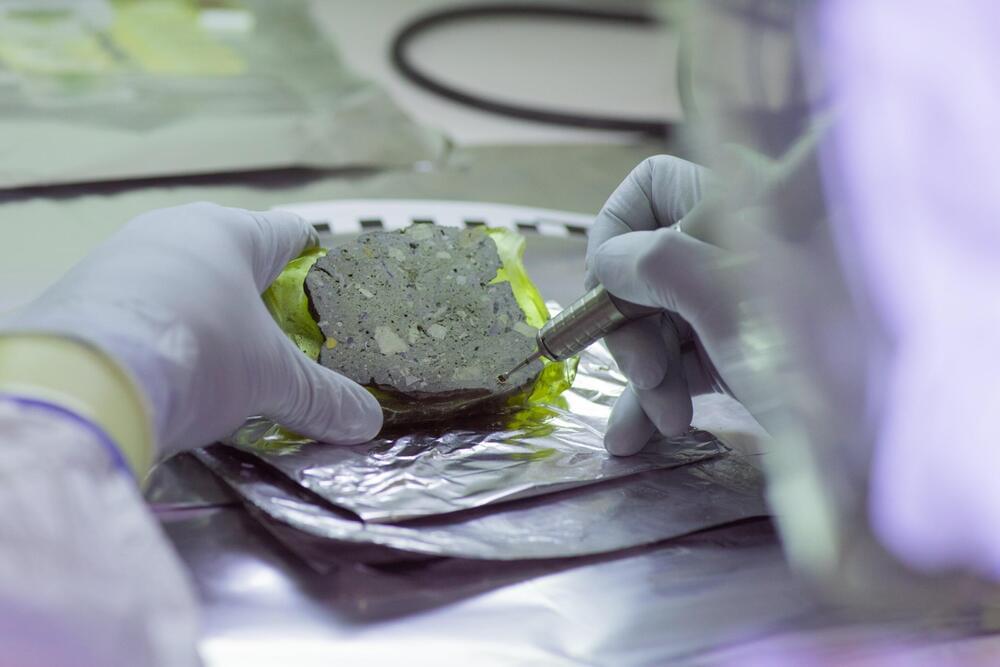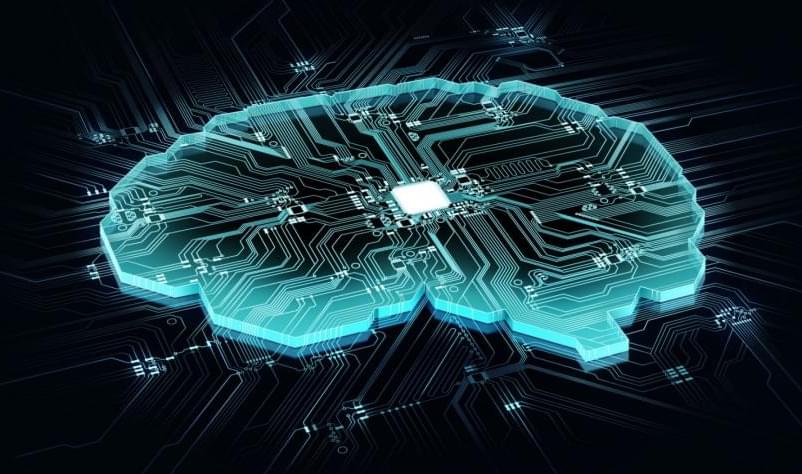Up to 90% of patients who undergo open abdominal or pelvic surgery develop postoperative adhesions, or scar tissue. Minimally invasive laparoscopic surgical approaches can reduce the severity of the adhesions, but the scar tissue still forms. The cellular response to injury—even intentional injury, such as surgery to repair a problem—results in a cascade of molecules pouring to the site to heal the tissue. But the molecules, working quickly to close the wound, often go too far and bind the wound to nearby healthy tissue. Depending on the location, the resulting scar tissue can cause chronic pain, bowel obstruction and even death.
There may be a potential solution available soon, according to researchers from Southern Medical University in China. They have developed an injectable hydrogel that can plug up wounds without sticking to off target tissue, effectively preventing postoperative adhesions.
Their approach, tested in rats and rabbits, was published on Nov. 18 in Advanced Functional Materials.








